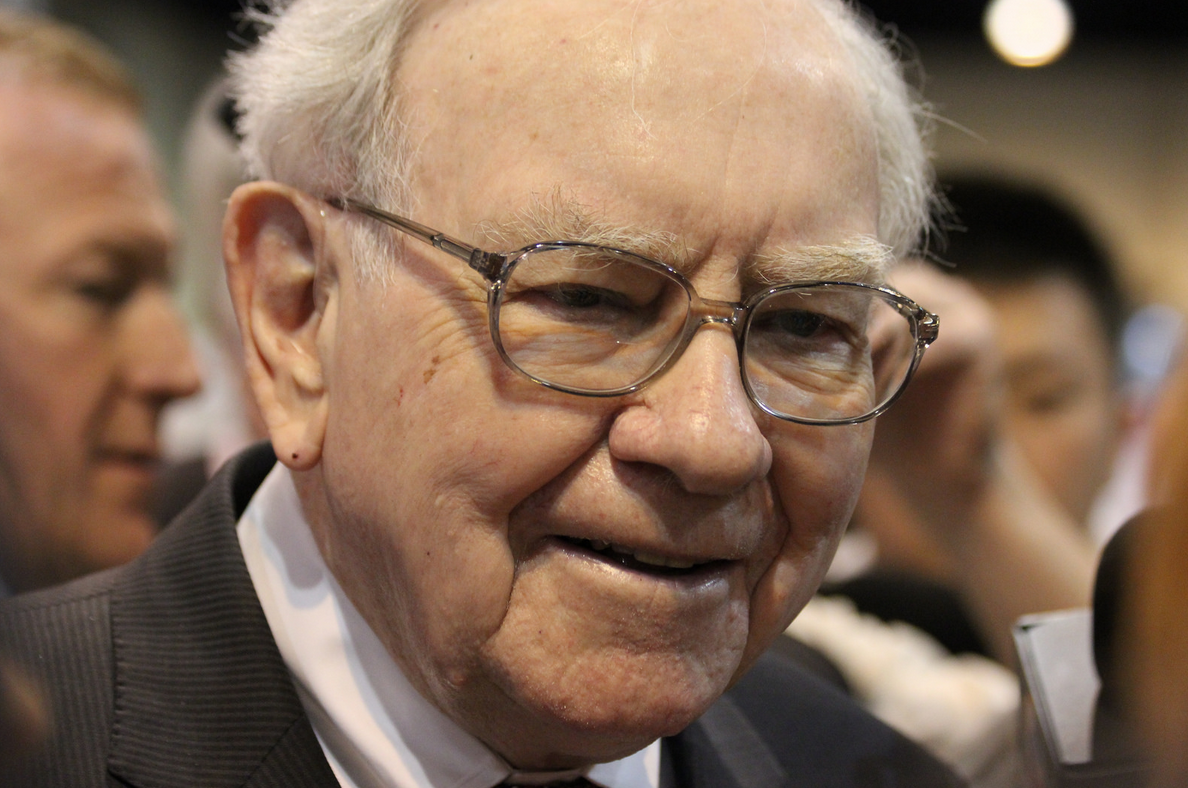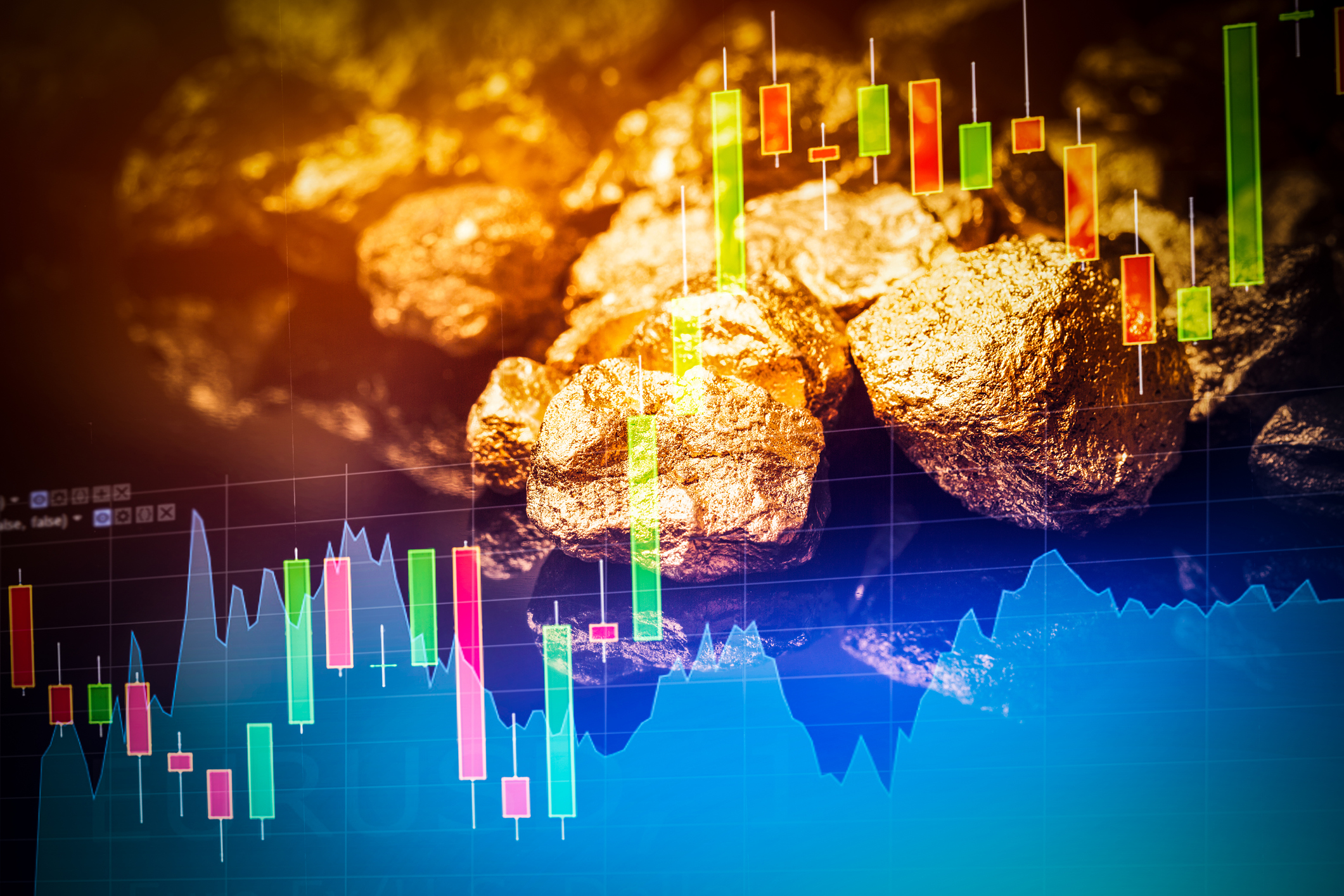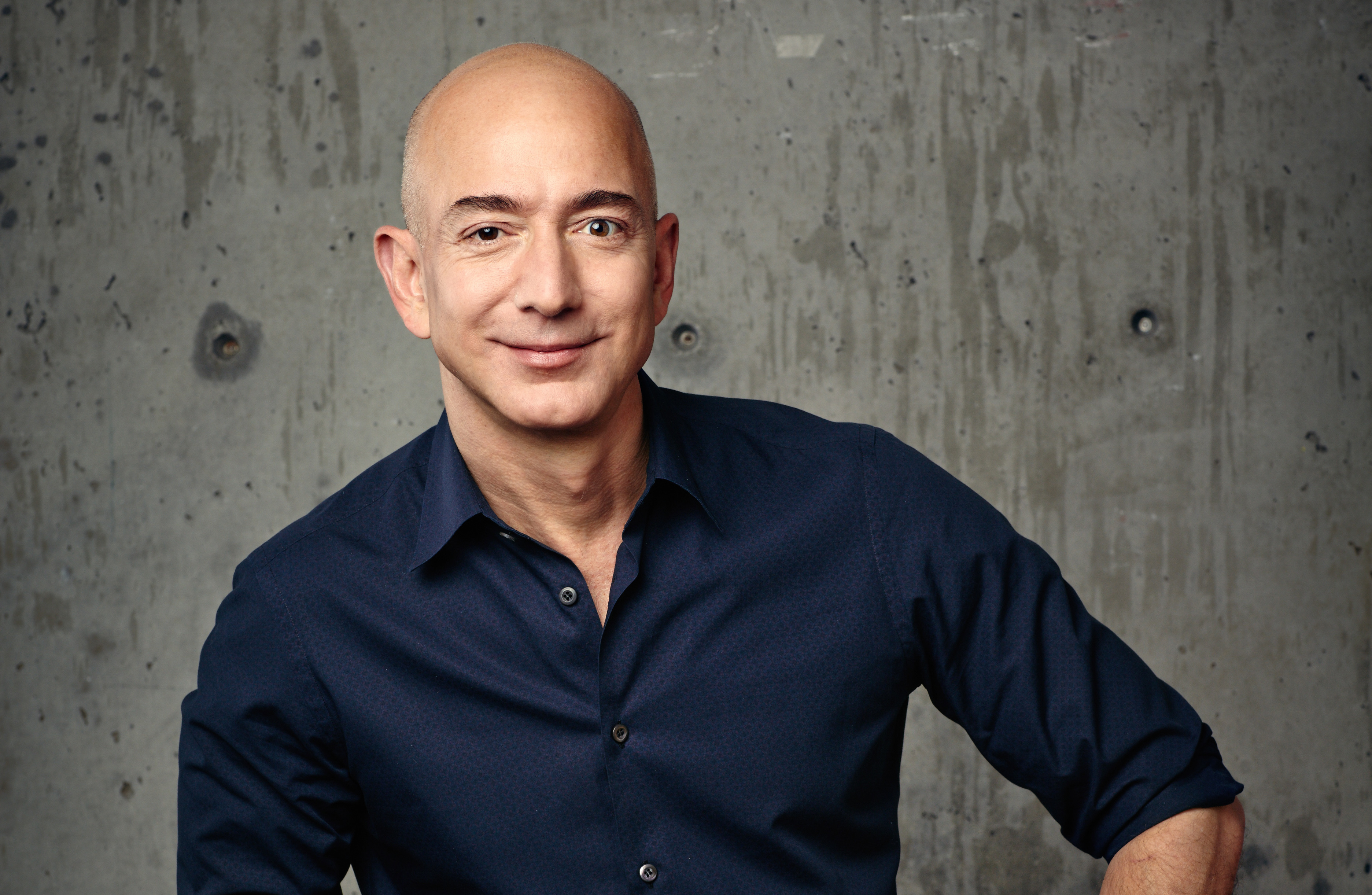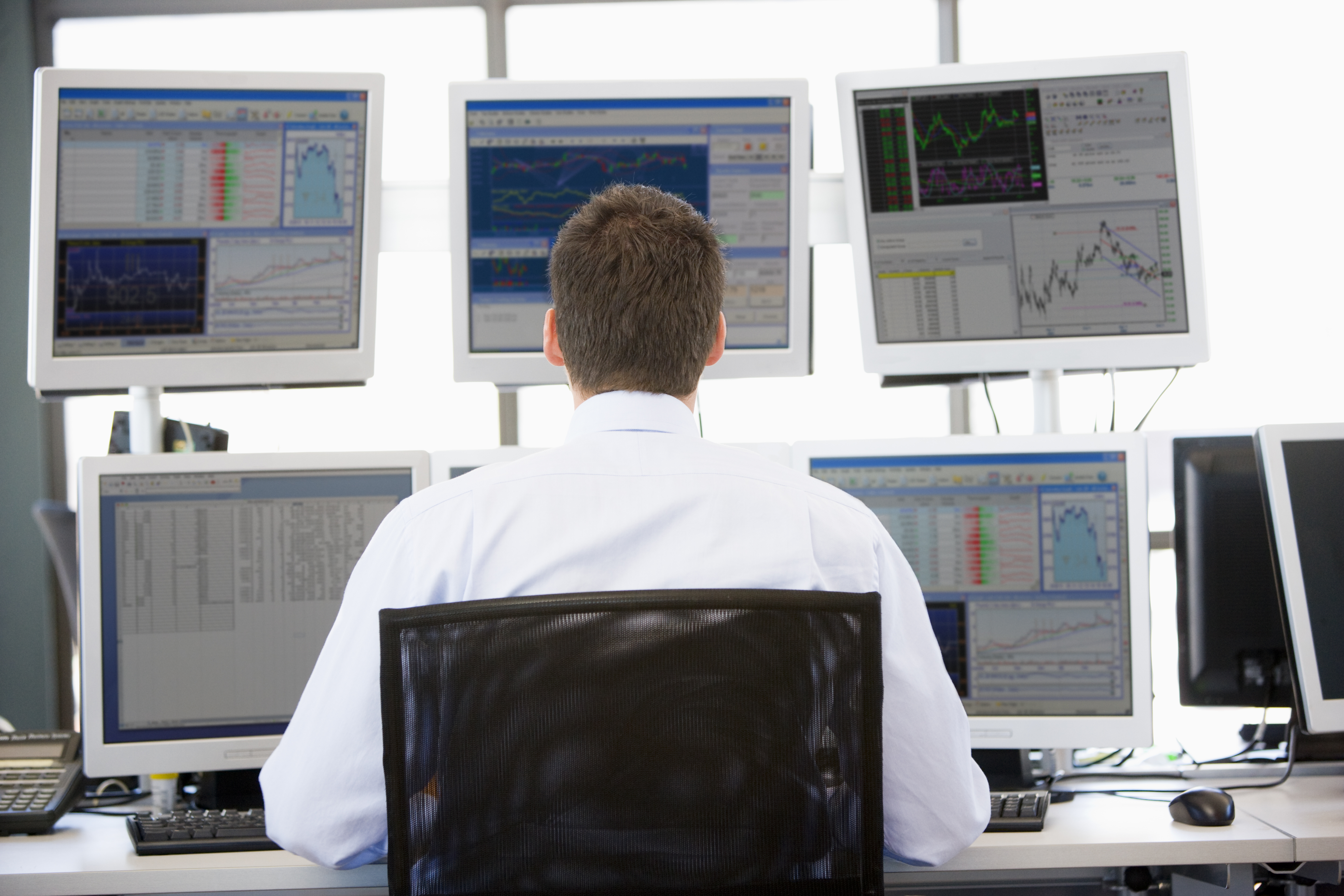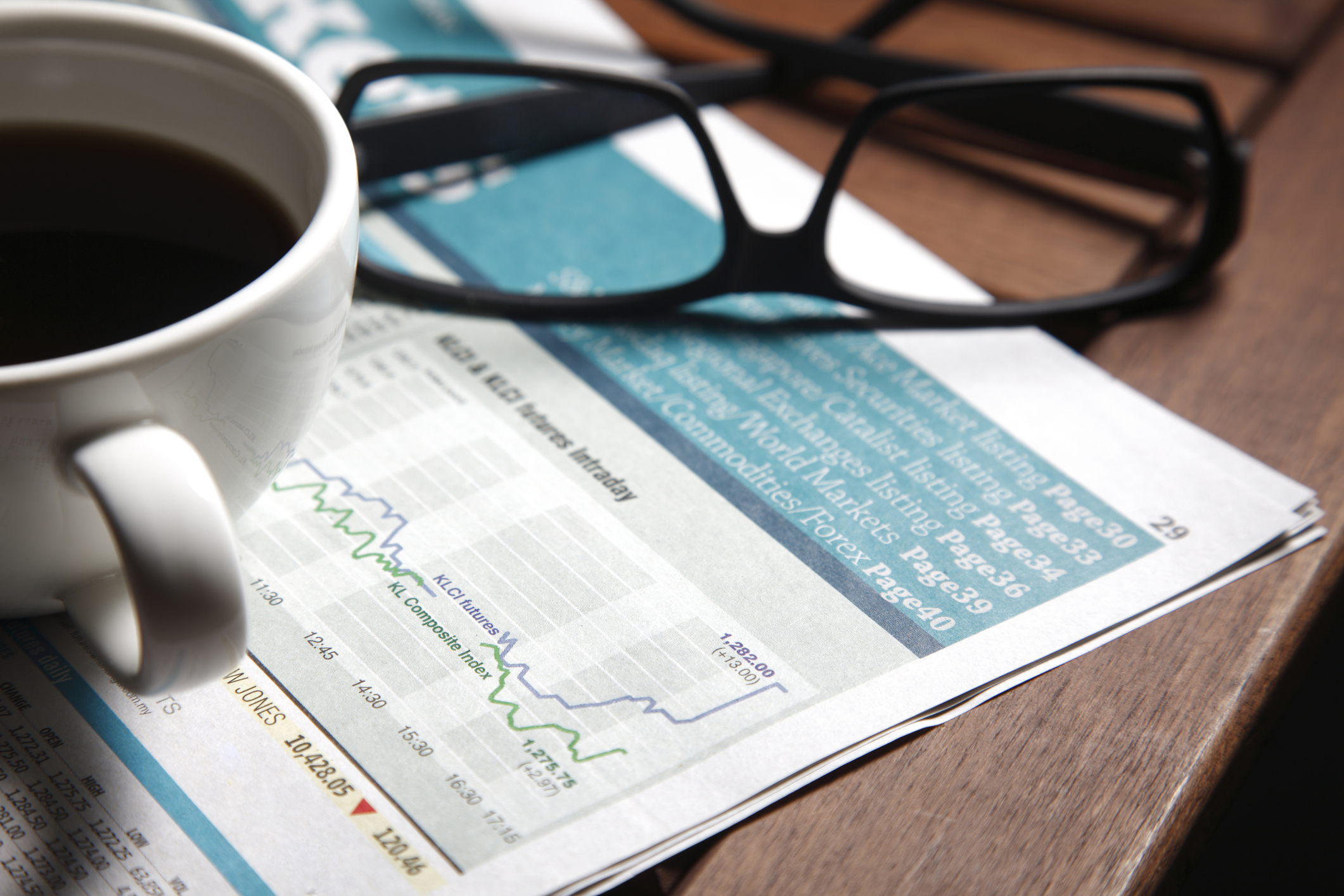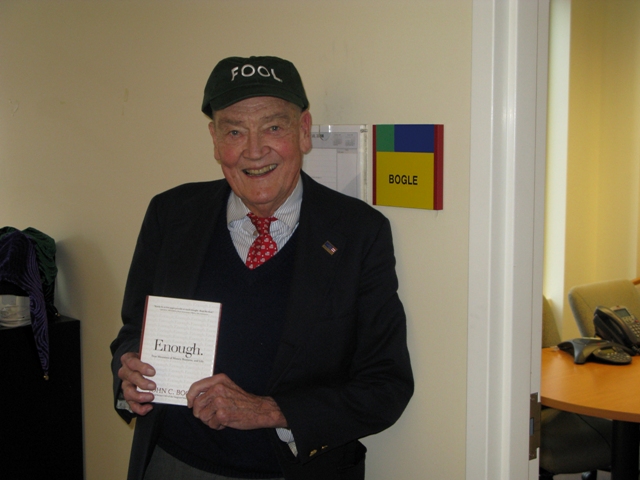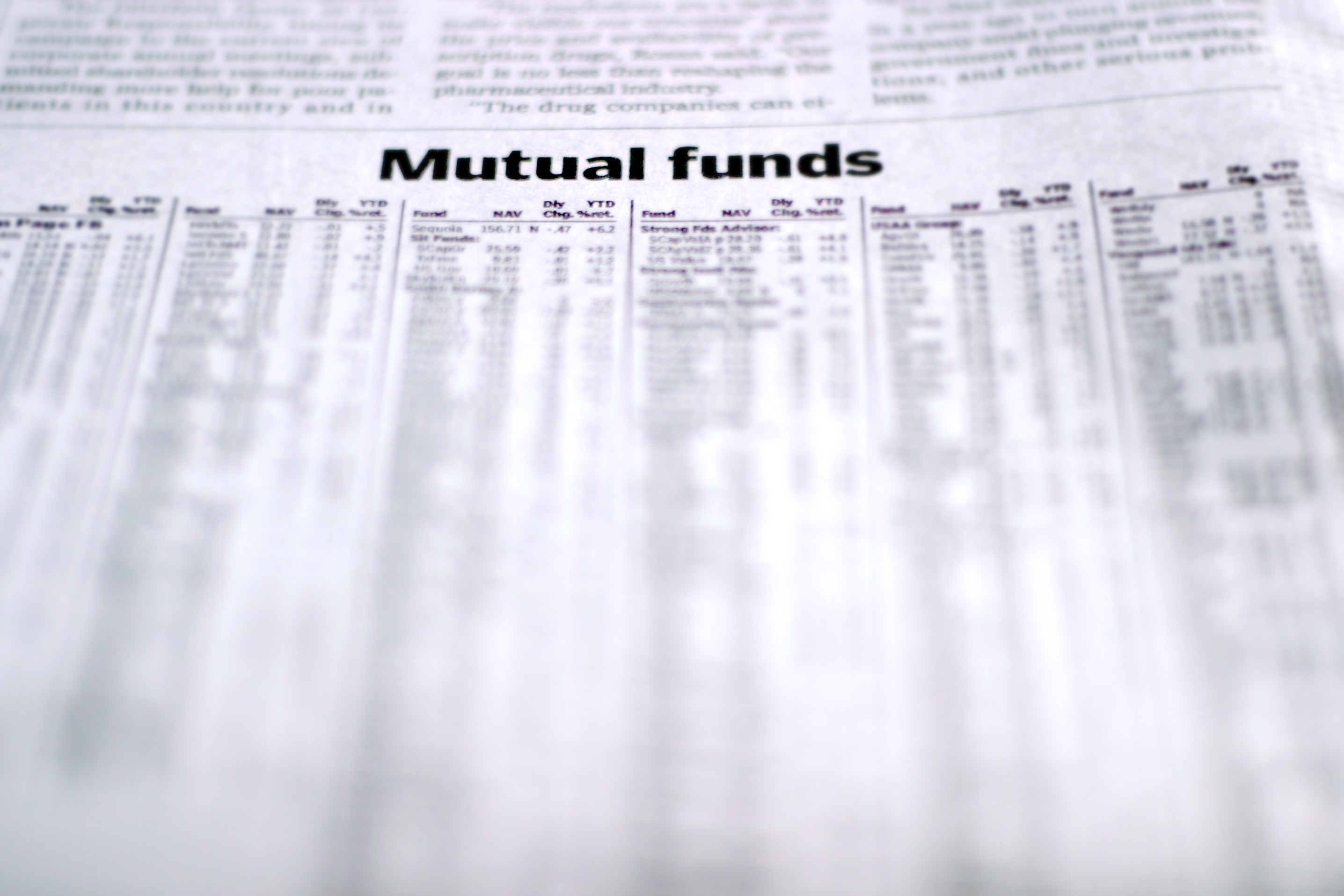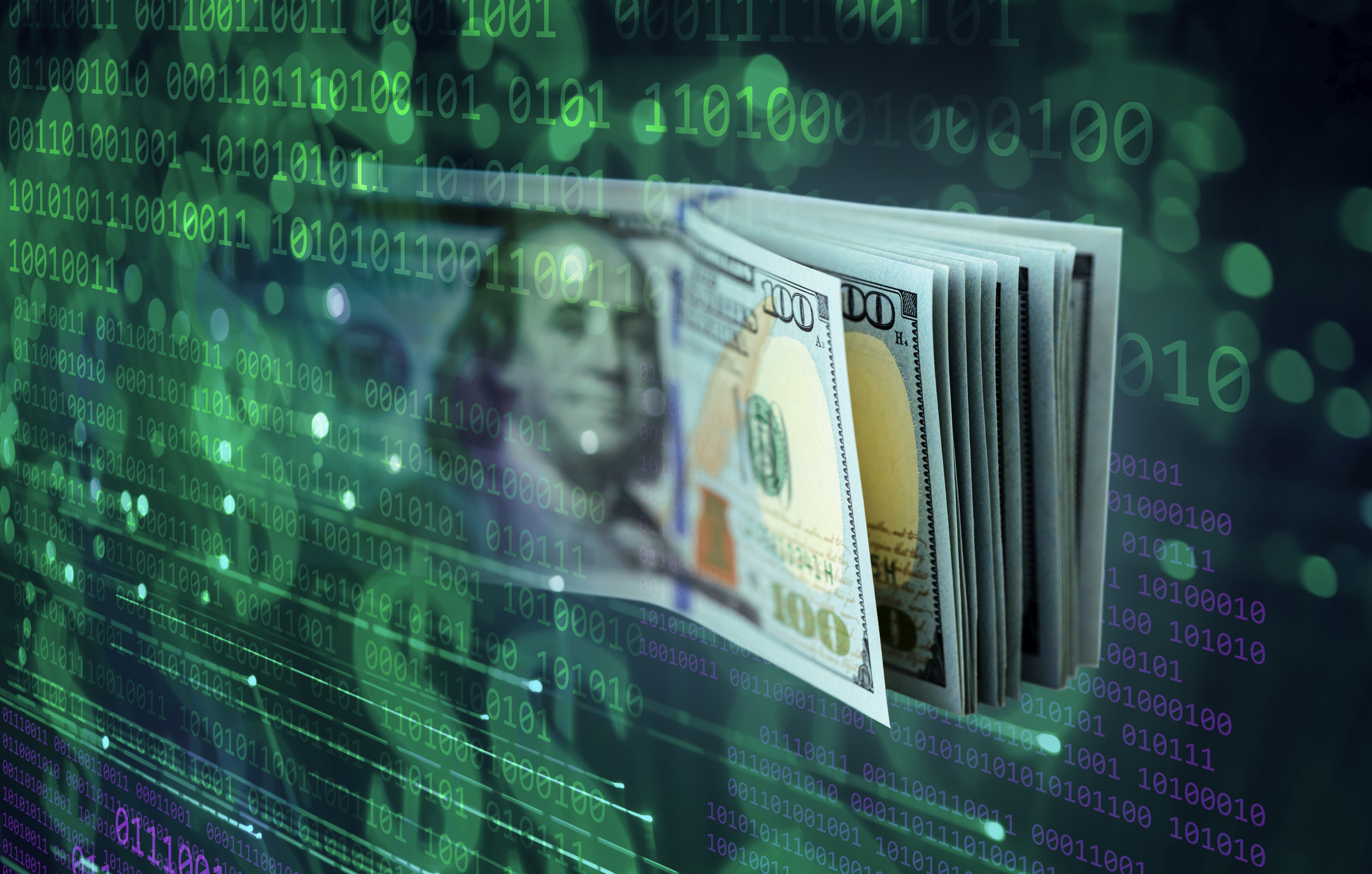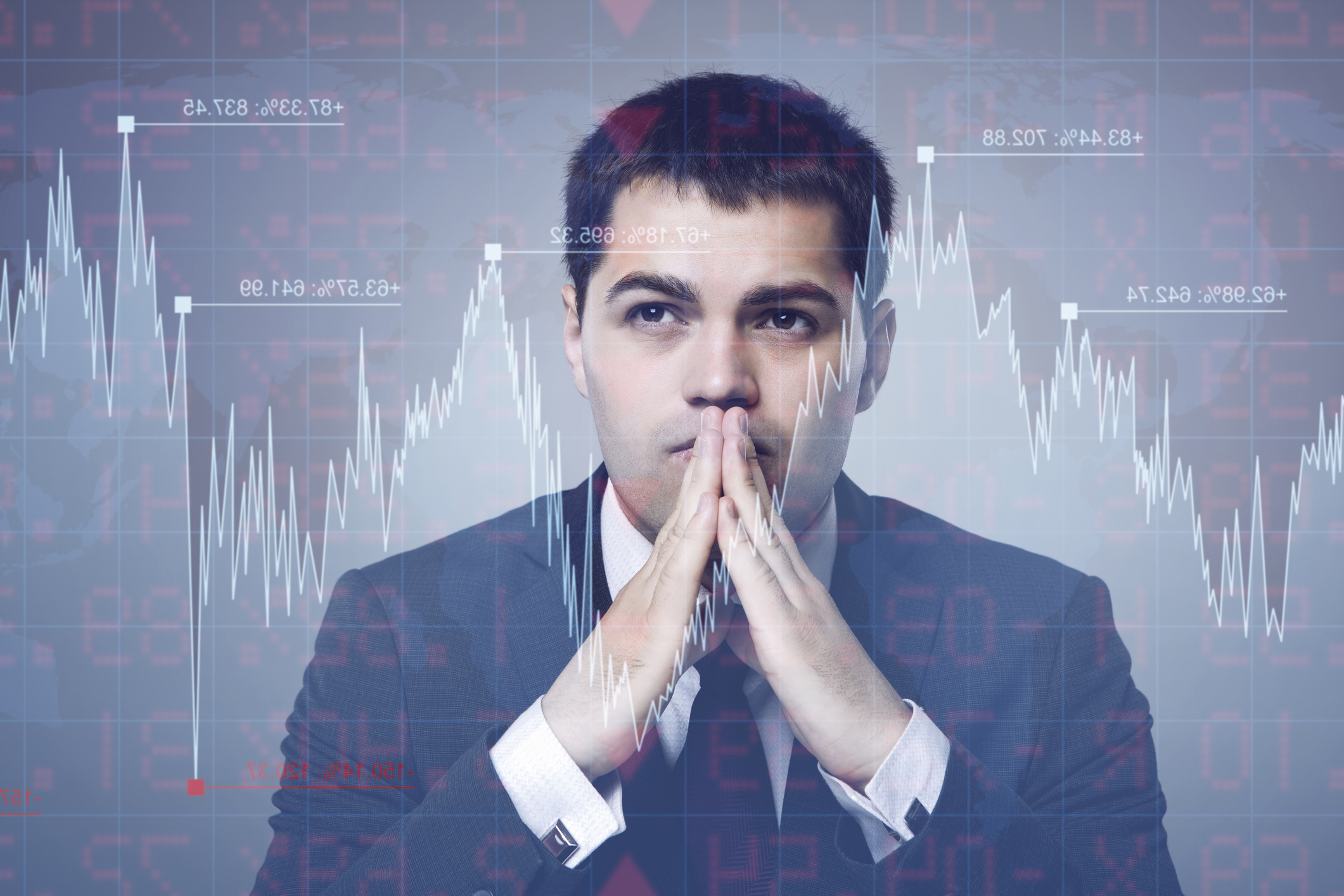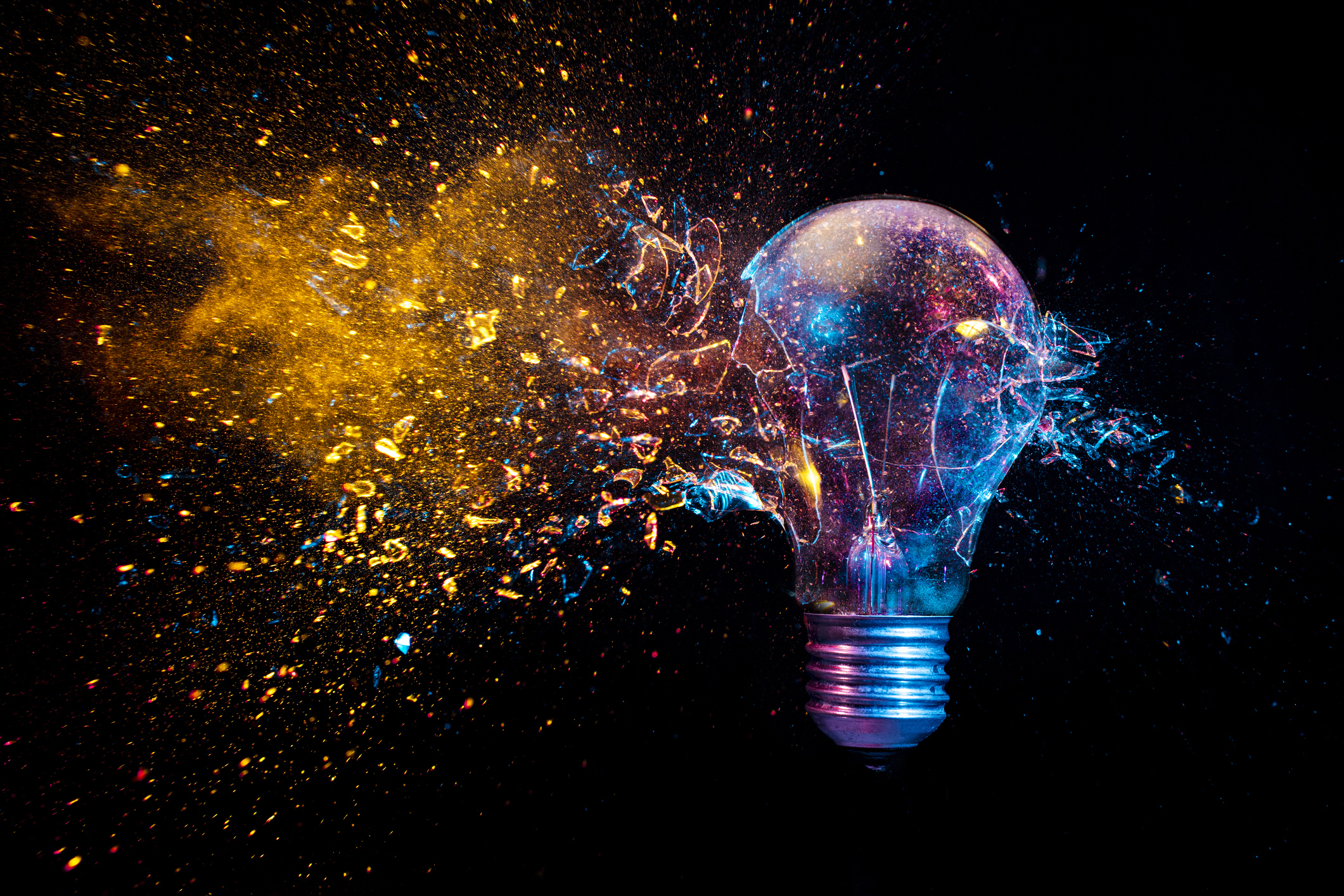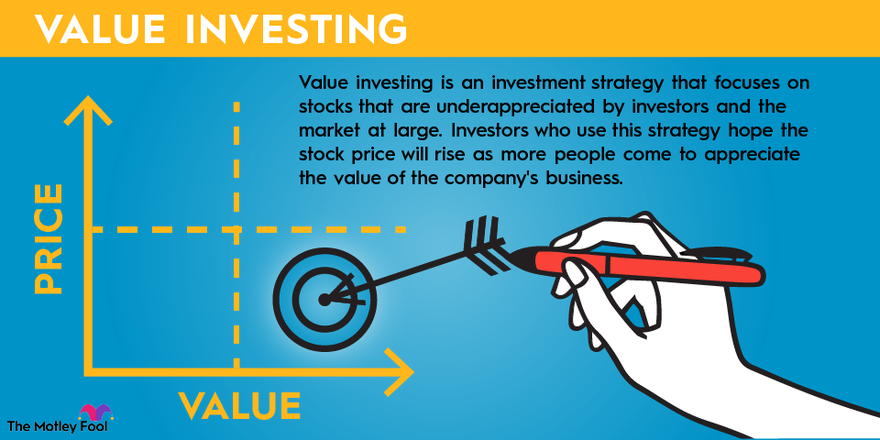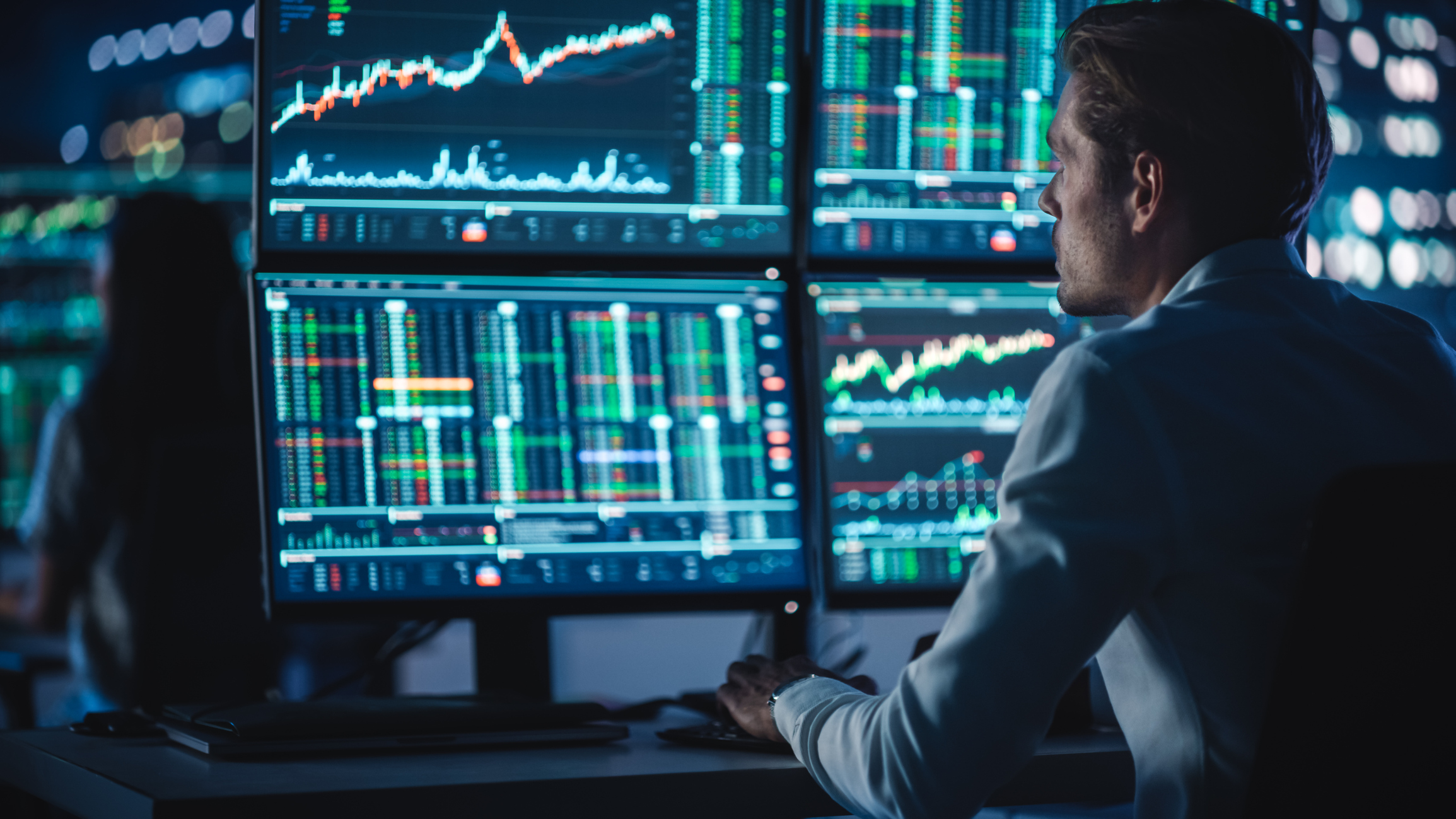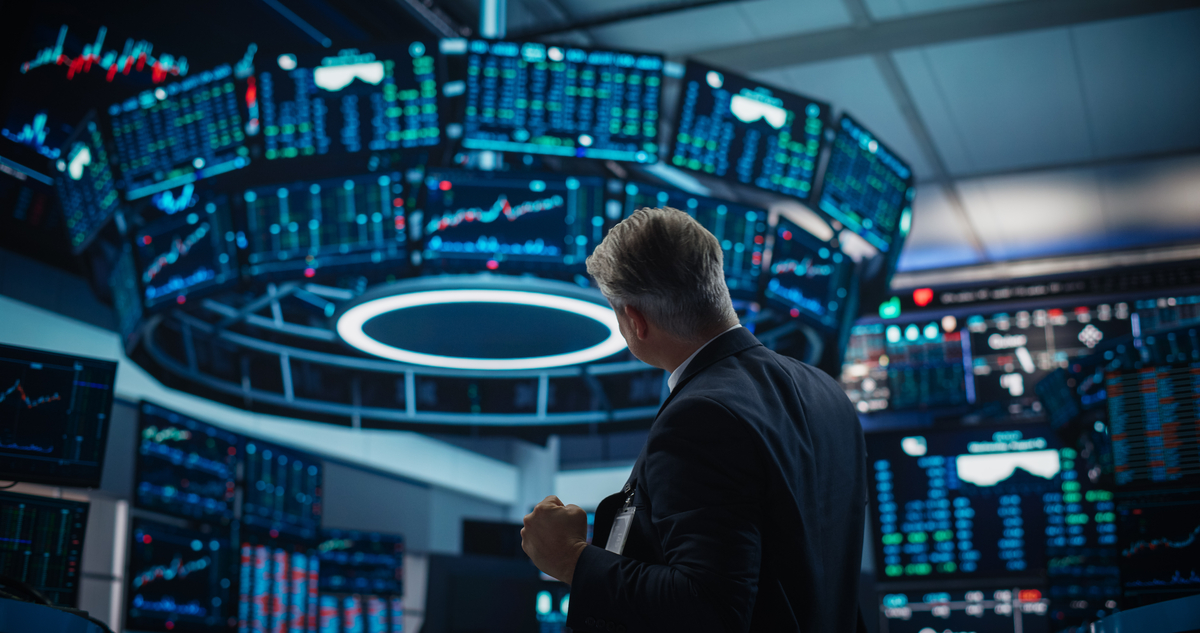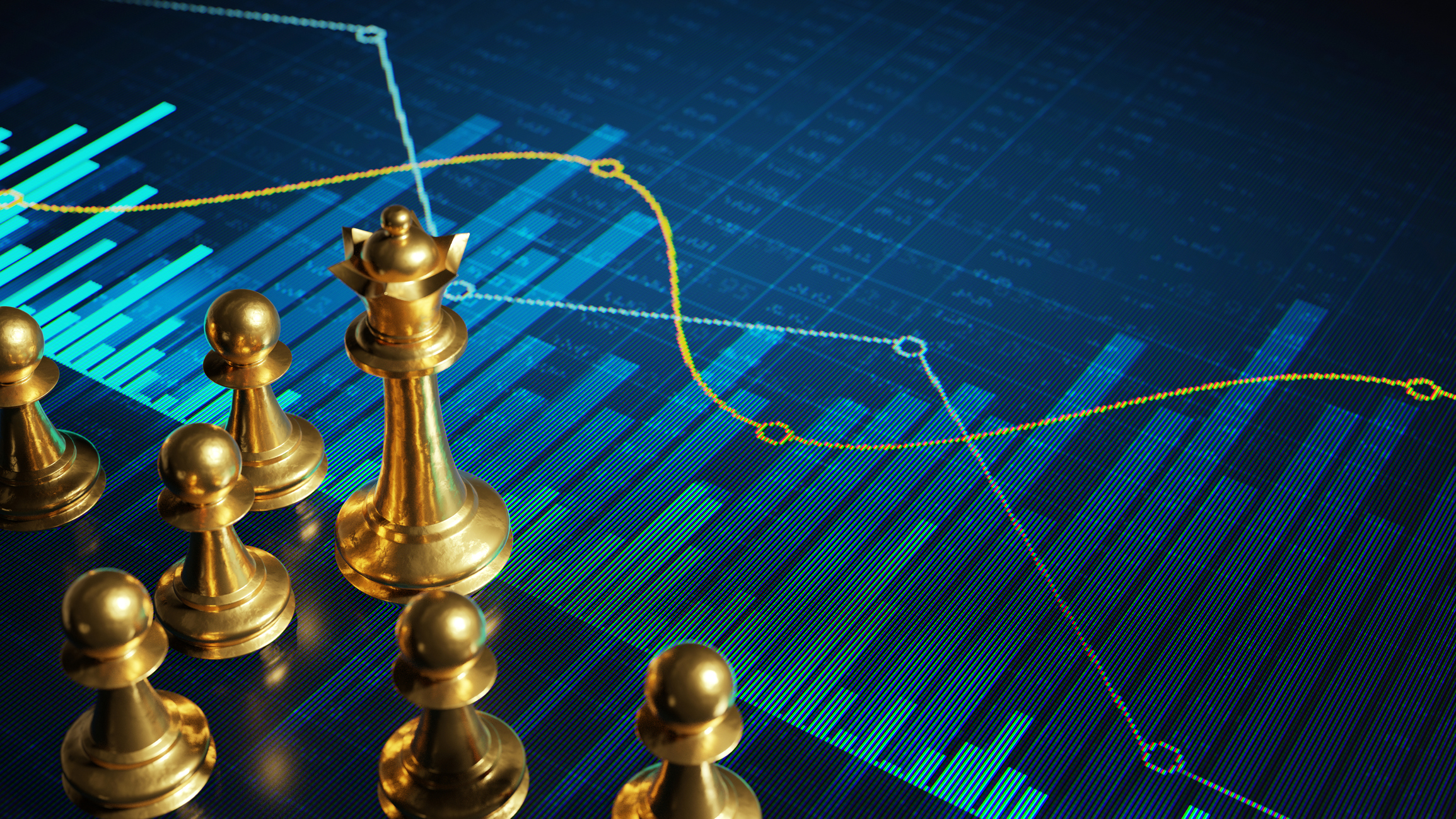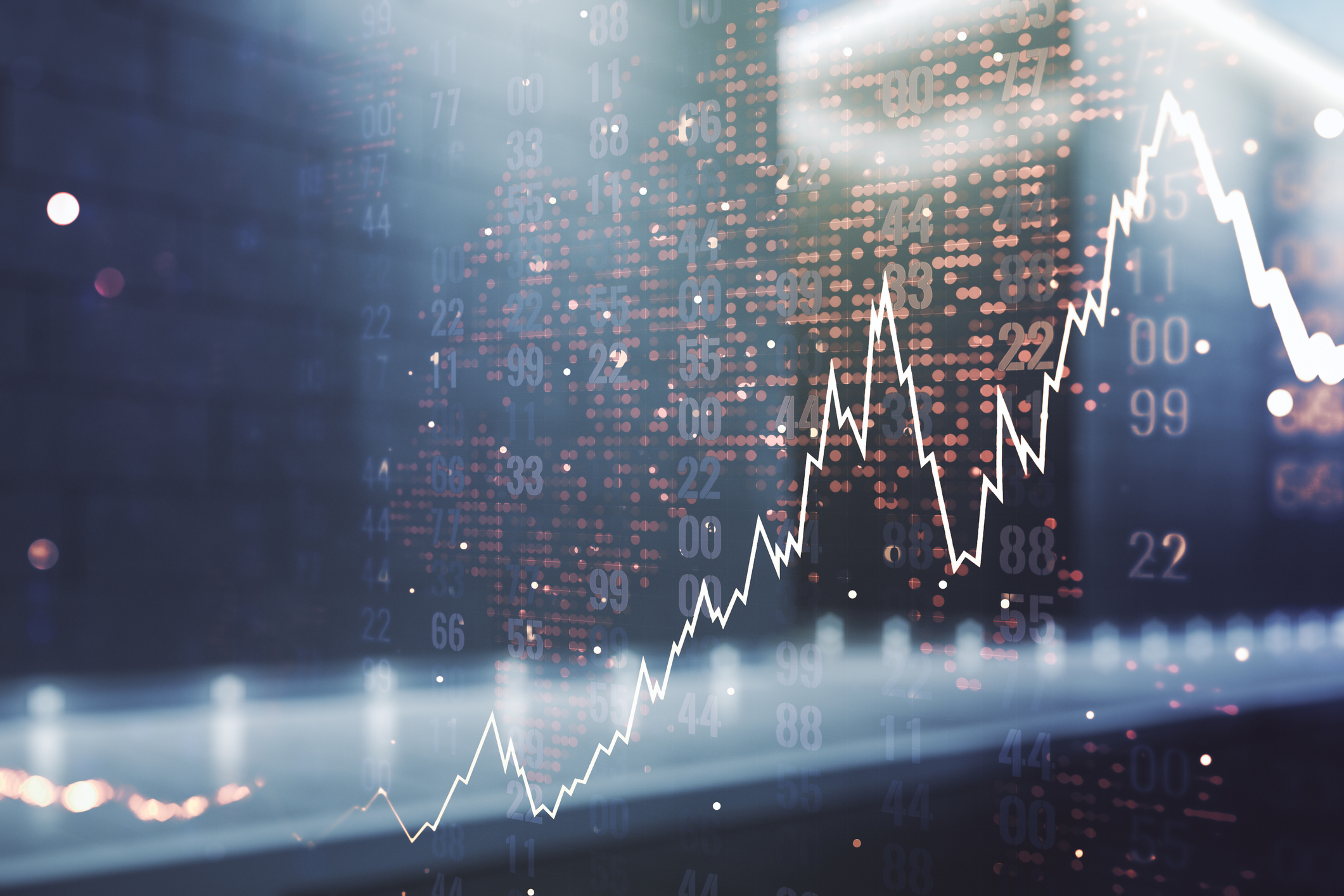Elon Musk is, by many metrics, the most successful entrepreneur of modern times. He had a net worth of $484 billion as of October 2025, making him the richest person in the world.
A natural question among investors is where Musk chooses to invest his money. Let's take a look at Elon Musk's investments (and the businesses he starts and acquires), the type of investments he avoids, and what you should know about his strategy.
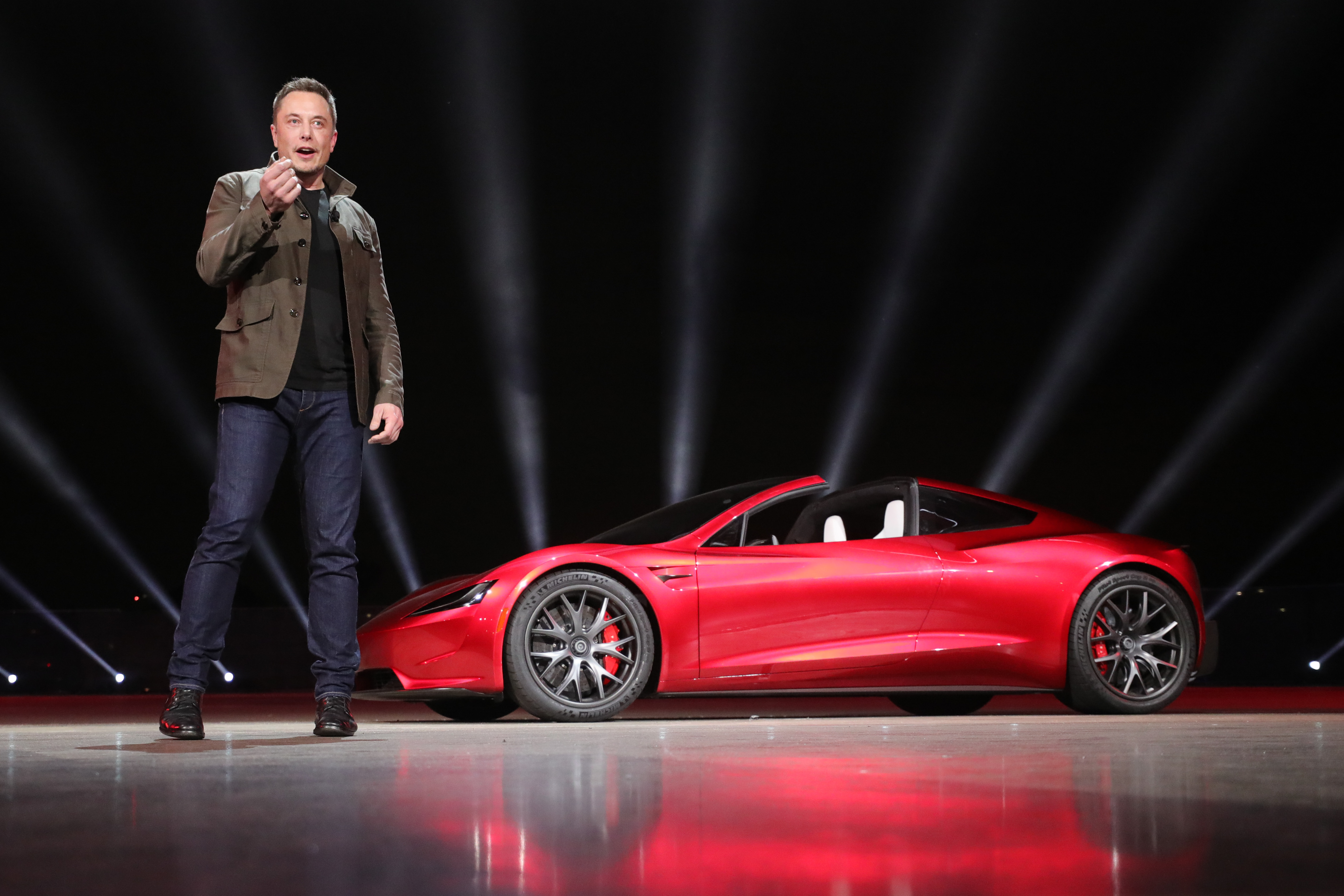
Elon Musk's investment strategy
Elon Musk's investment strategy is rather simple, at least as far as he's made public. His investments can be divided into two general categories: companies he started or controls and cryptocurrencies. Unlike many other billionaires, Musk doesn't have a large portfolio of publicly traded stocks of companies where he doesn't have day-to-day involvement.
Publicly Traded Company
Even when Musk took a 9.2% stake in social media platform Twitter in April 2022, his ultimate goal was to buy the company and take it private. He rejected a seat on Twitter's board of directors for that reason. After ample back-and-forth, the deal went through in late October 2022, with Musk buying Twitter for $44 billion. He rebranded Twitter as X in 2023.
Musk's investments are highly concentrated in his entrepreneurial endeavors. The first category consists of publicly traded stock investments, and the second includes private companies that he founded and in which he continues to hold an investment. With that in mind, here's a breakdown of what we know about Musk's investments.
Elon Musk's publicly traded stock investments
The largest publicly traded stock holding for Elon Musk is electric vehicle giant Tesla (TSLA +3.98%). Musk was an early investor, having led the company's Series A funding round, and he was one of Tesla's first employees. Musk accumulated a majority stake and took control of the company in 2008.
As of October 2025, Musk owned about 15.8% of Tesla, valued at $170 billion. He also has a compensation package from Tesla that pays him exclusively in company stock through performance-based tranches of stock options, so his ownership has increased over time.
During the dot-com boom era, Musk was a co-founder of the original X.com, which ultimately became PayPal (PYPL +3.00%). He was CEO of PayPal until 2000 and owned 11.7% of the company's shares at one point. He no longer has a stake in PayPal, although he owned shares before the company was acquired by eBay (EBAY -0.82%) in 2002.
Musk received more than $100 million for his stake after cashing out. Today, his PayPal stake would be worth billions of dollars. However, since he used the proceeds to fund both Tesla and SpaceX in their early days, it's tough to make the case that cashing out was a bad move.
Elon Musk's private equity
Musk founded and still controls several companies, but SpaceX is the largest by far. He owns about 42% of the space exploration technology company, which was valued at roughly $400 billion in July 2025.
In addition to SpaceX, Musk has majority ownership of several other privately owned start-ups he founded or co-founded, most notably:
Elon Musk's cryptocurrency investments
Although we don't know the exact amounts he owns, we do know that Musk is a cryptocurrency investor, both through the companies he controls and personally. He has been quite outspoken about some of his favorite digital assets, particularly Dogecoin (DOGE +3.61%).
Musk has also revealed that he owns Bitcoin (BTC +2.84%) and Ethereum (ETH +5.29%) and has stated that his Bitcoin is worth much more than his Ethereum or Dogecoin.
Tesla and SpaceX both own significant amounts of Bitcoin, too. Although we know Tesla owned 11,509 Bitcoins as of June 2025 (worth more than $1 billion at the time), we don't know how much of any cryptocurrencies Musk personally owns.
Although Elon Musk is very wealthy, most of his net worth is tied up in a single stock (Tesla) and private companies that you or I likely cannot invest in. Besides buying Tesla stock, if you want to invest like Elon Musk, becoming an entrepreneur might be the best way to go about emulating his style.
